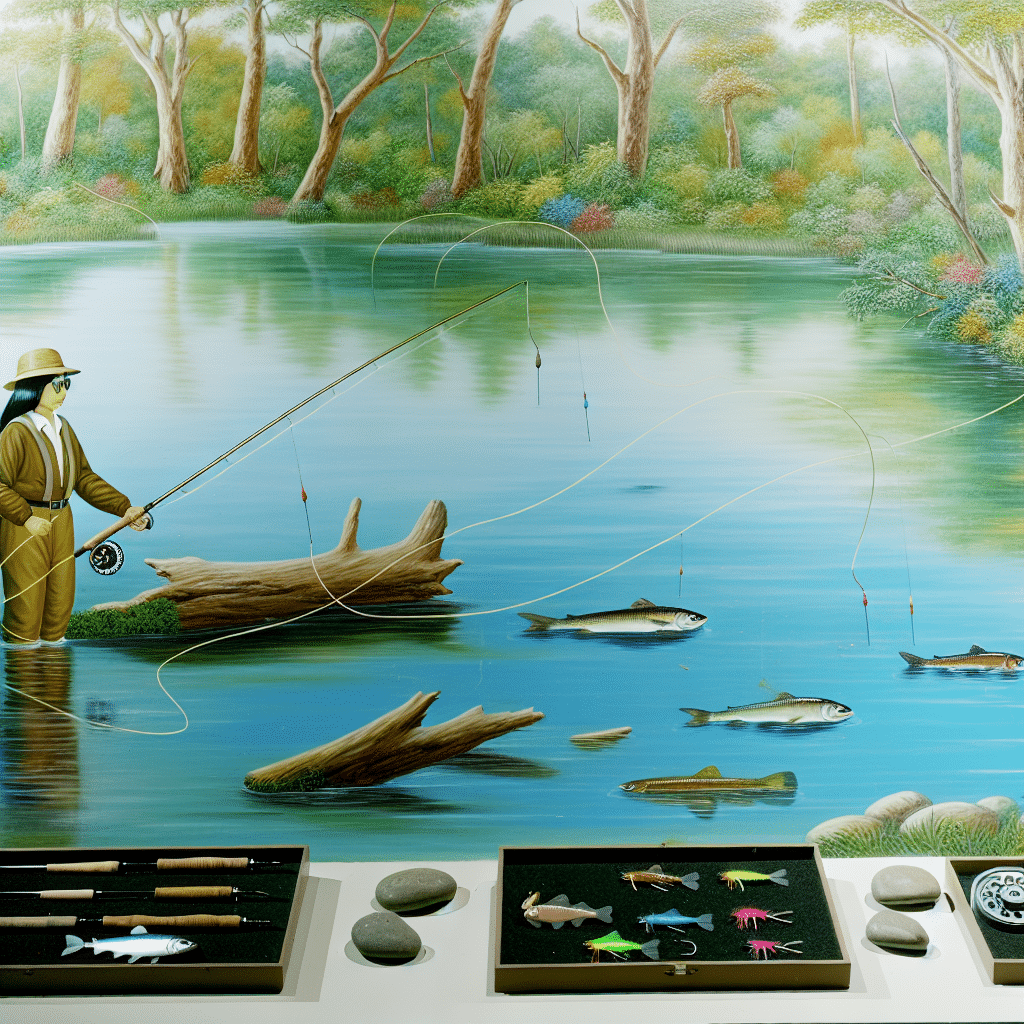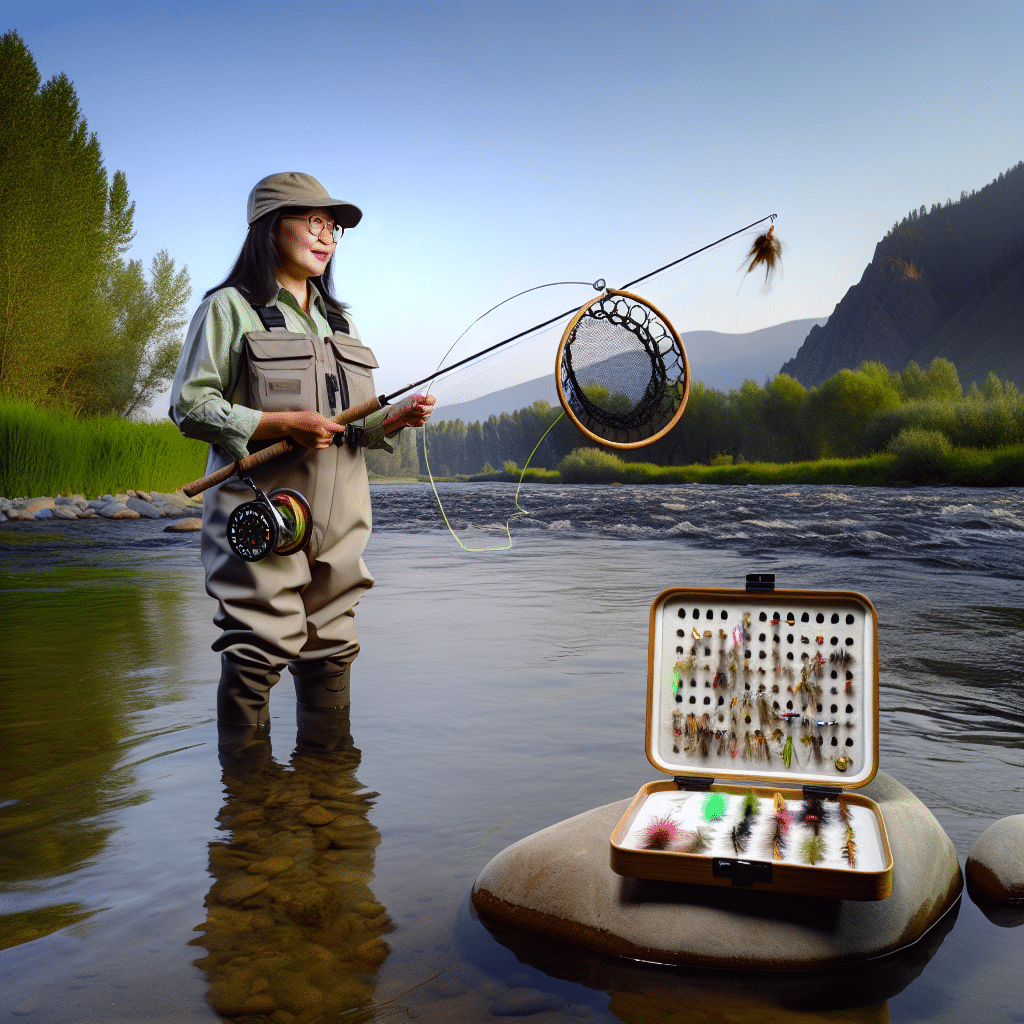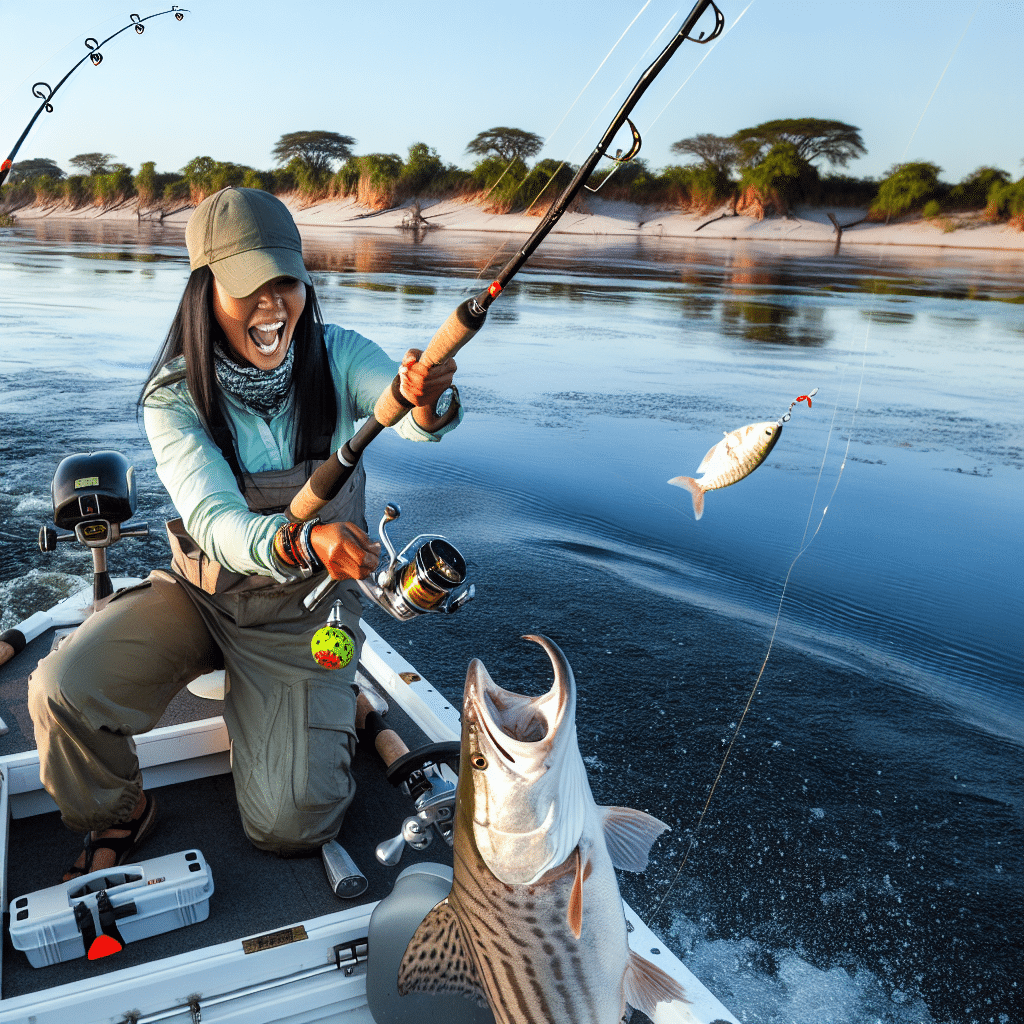Fly fishing is a cherished and ancient practice that blends the art of fishing with the joy of nature. While many associate it with river and stream fishing, fishpond fly fishing offers an equally rewarding experience, but with a unique set of challenges and rewards. This article aims to unlock the secrets of fishpond fly fishing, providing you with everything you need to get started and to master this versatile form of fishing.
What Makes Fishpond Fly Fishing Unique?
Fishpond fly fishing is distinct because it combines the technical aspects of fly fishing with the controlled environment of a pond. Unlike rivers or streams, ponds offer a more static and predictable water body, which can be advantageous for those new to the sport. However, this stability also presents its own set of challenges, especially in terms of understanding fish behavior and selecting the right fly patterns.
The Advantages of Fishpond Fly Fishing
1. **Accessibility**: Fishponds are often more accessible than remote river locations, making them ideal for quick fishing trips or for people who have mobility issues.
2. **Control**: The confined space allows for better control over casting and easier retrieval of flies.
3. **Learning Environment**: Fishponds can serve as a great learning ground for beginners before they move on to more challenging waters.
Challenges to Consider
1. **Overfishing**: Since ponds are confined spaces, they can easily become overfished.
2. **Limited Species**: Ponds may not host as diverse a range of fish species as rivers or larger water bodies.
3. **Water Quality**: Ponds can suffer from issues like algae blooms and low oxygen levels, affecting the fish and the fishing experience.
How to Gear Up for Fishpond Fly Fishing
The right gear makes all the difference in the success and enjoyment of your fishpond fly fishing adventures.
Rod and Reel
When it comes to rods and reels, a 4- to 6-weight rod is generally sufficient for most pond fishing scenarios. This range offers enough strength for casting and retrieving, while also providing the sensitivity needed for detecting bites.
Flies
Choosing the right flies is crucial. Since ponds often contain a limited variety of fish, it’s essential to have a selection that matches the local fish’s diet. Common choices include:
– **Dry Flies**: Perfect for catching fish that feed on the water surface.
– **Nymphs**: These imitate insect larvae and are ideal for fish feeding below the surface.
– **Streamers**: Effective for mimicking small fish and attracting larger predators.
Where to Cast: Finding the Perfect Spot
Location is key in fishpond fly fishing. Unlike in rivers, where fish typically hide in predictable spots like behind rocks or in deep pools, pond fish can be everywhere. However, some areas are more productive than others.
Structure and Cover
Fish are likely to congregate around underwater structures like fallen trees, rocks, and vegetation. These structures provide cover and a rich area for feeding. Casting near these spots can yield better results.
Shallow vs. Deep
While fish can be found throughout a pond, depths often play a role in their location, especially given seasonal changes. In warmer months, fish might congregate in shallower areas where food is abundant. Conversely, during colder times, they might retreat to deeper, more stable waters.
Techniques to Master in Fishpond Fly Fishing
Mastering a few key techniques can significantly enhance your fishpond fly fishing effectiveness.
The Roll Cast
Given the limited casting space often found around ponds due to overhanging trees and vegetation, mastering the roll cast is crucial. This technique allows you to cast without having to backcast, making it ideal for tight spots.
Retrieval Methods
The way you retrieve your fly can make a significant difference. A slow, steady retrieve can mimic the movements of natural prey, while a quick, erratic retrieve can trigger a predatory response from fish.
Strike Detection
Fishpond fly fishing often requires a keen eye. Because water in ponds is usually calmer, detecting strikes can be more subtle compared to river fishing. Watching the tip of your line and learning to feel for slight changes in tension can help improve your strike rate.
Conservation and Ethical Practices
Fishpond fly fishing is not only about catching fish; it’s also about respecting the environment and ensuring sustainable fishing practices.
Catch and Release
Given the confined ecosystem of a pond, practicing catch and release can help maintain fish populations and ensure a healthy environment for future fishing.
Maintain Cleanliness
Always clean up after yourself. Litter and fishing tackle can harm both the aquatic environment and the fish.
Water Quality
Pay attention to the health of the pond. Report any signs of pollution or harmful algae blooms to local authorities to help maintain a healthy ecosystem.
Conclusion
Fishpond fly fishing offers a unique blend of accessibility, learning opportunities, and the joy of fishing in a controlled environment. By understanding its unique aspects, gearing up appropriately, and respecting the ecosystem, you can enjoy a fulfilling and sustainable fishing experience. Whether you are a beginner or an experienced angler, the secrets of fishpond fly fishing are waiting to be unlocked, promising countless hours of outdoor enjoyment and skill development.




